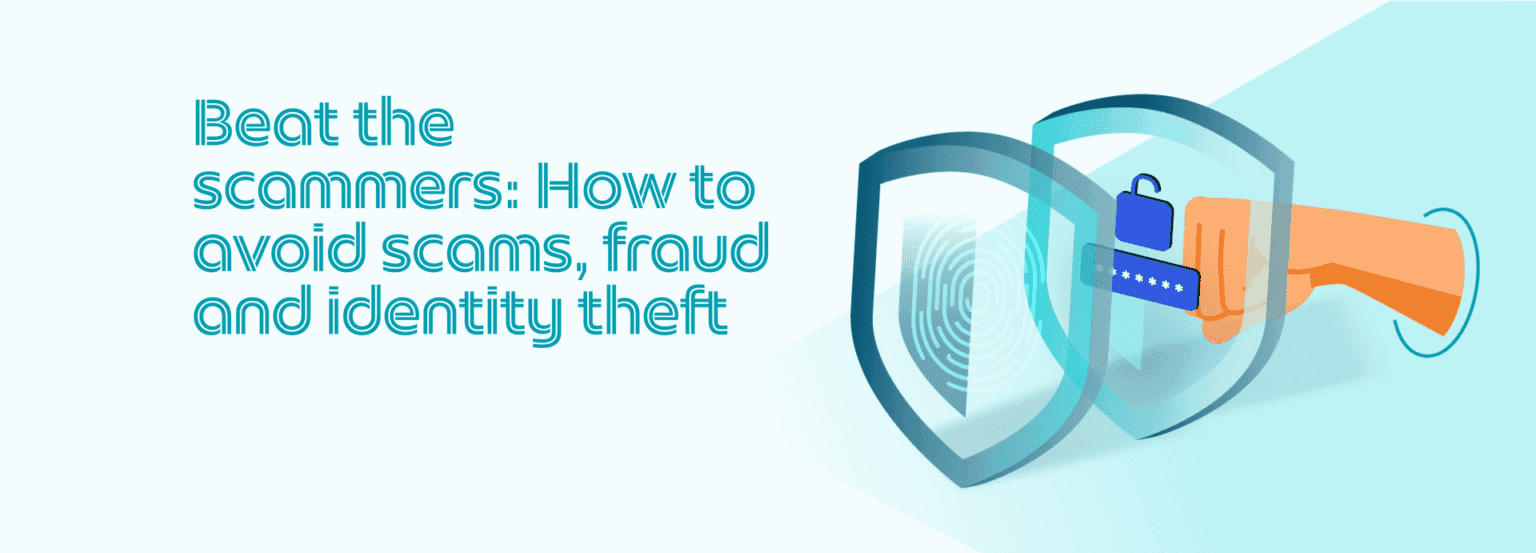


Scams and fraud are unfortunate hazards of the digital age and they are getting increasingly sophisticated in their attempts to get your money or personal details.
When you know how to spot scams, you know how to protect yourself. Here are 8 things you can do to keep fraudsters at bay:
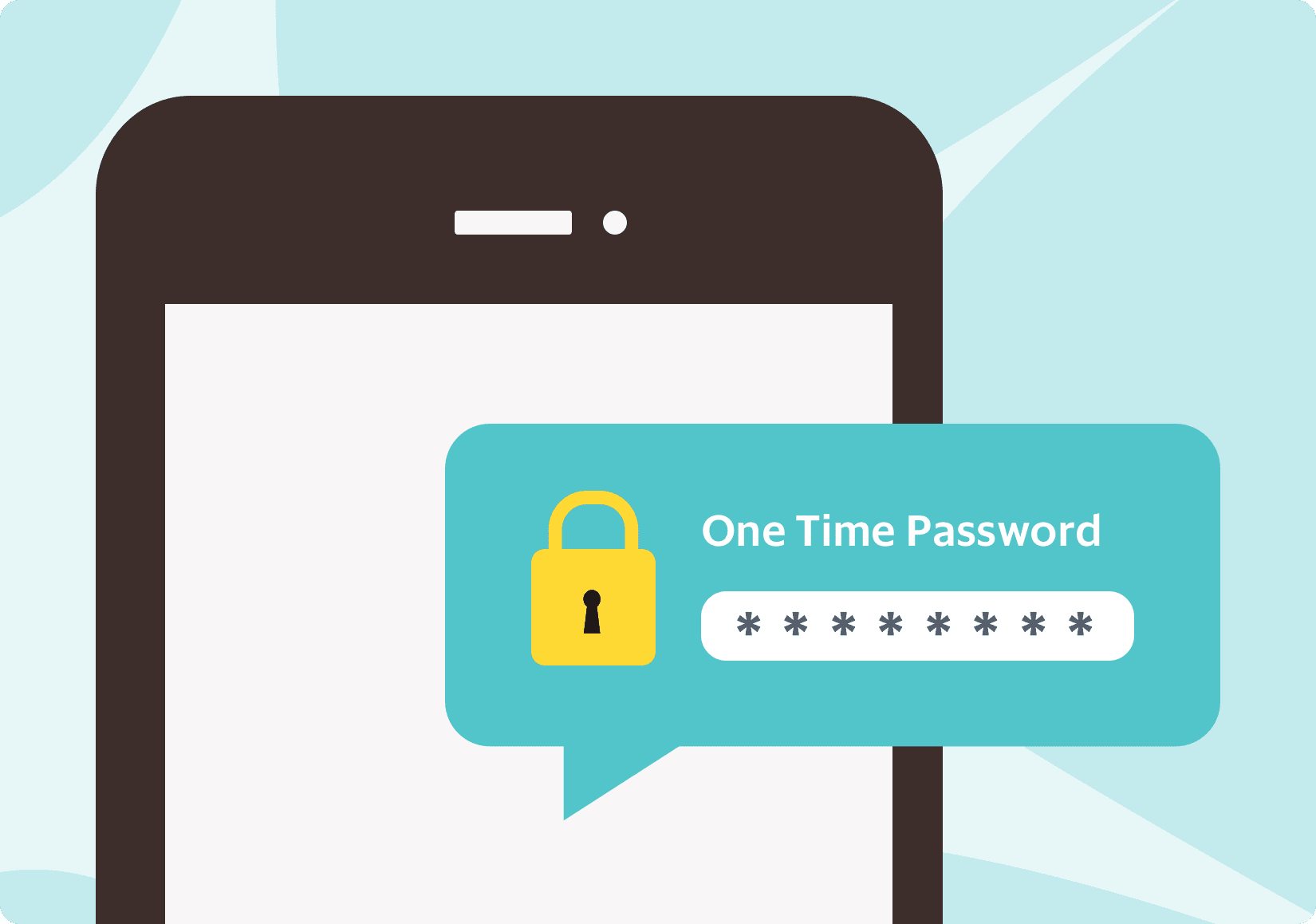


Never share your
One Time Password (OTP)
Do subscribe to instant alerts and notifications — it can be annoying at times, but it is important.

Choose passwords carefully and update regularly
Ideally, you should create a unique password for every account. That way, one data breach won’t put all your accounts at risk.

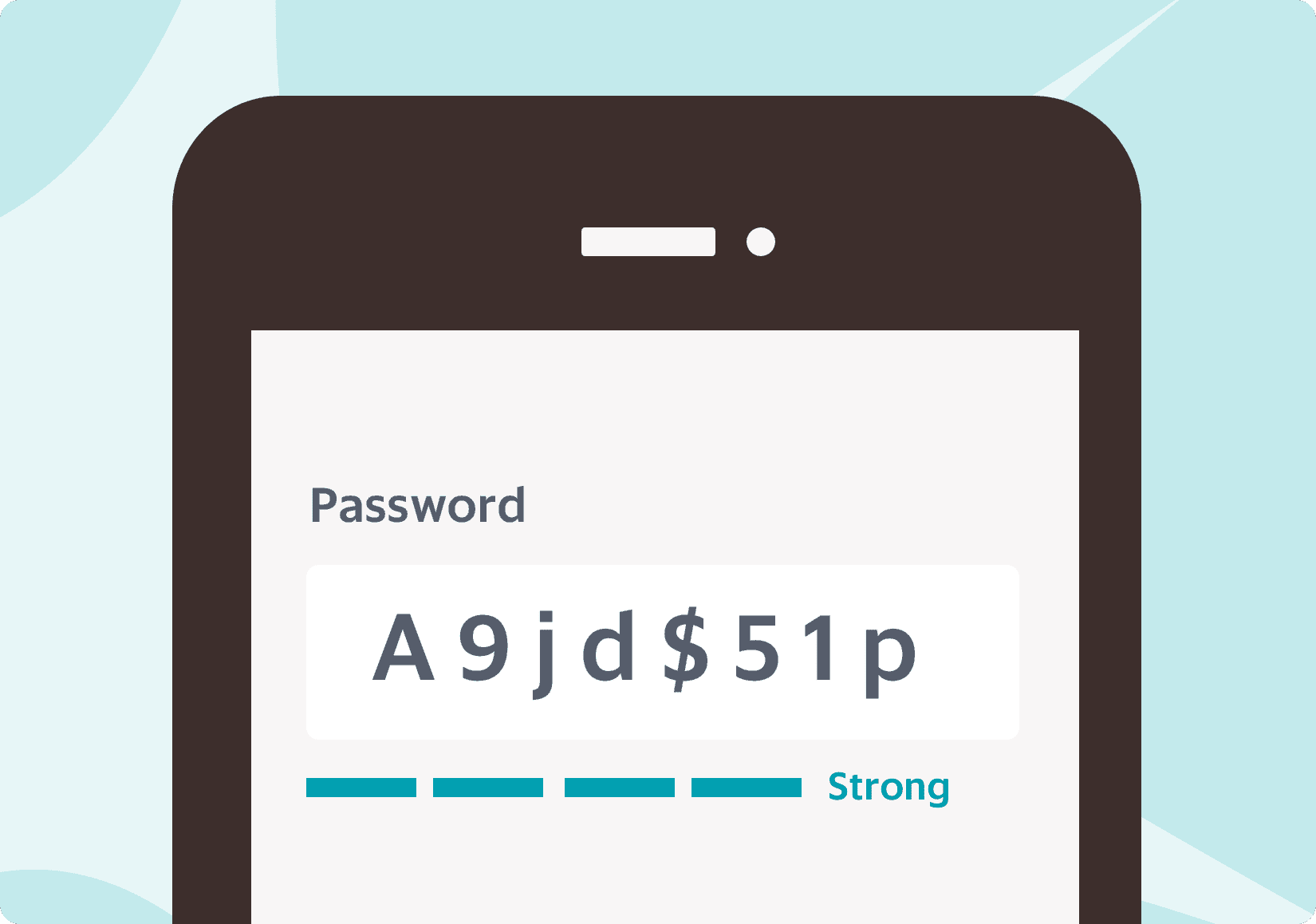
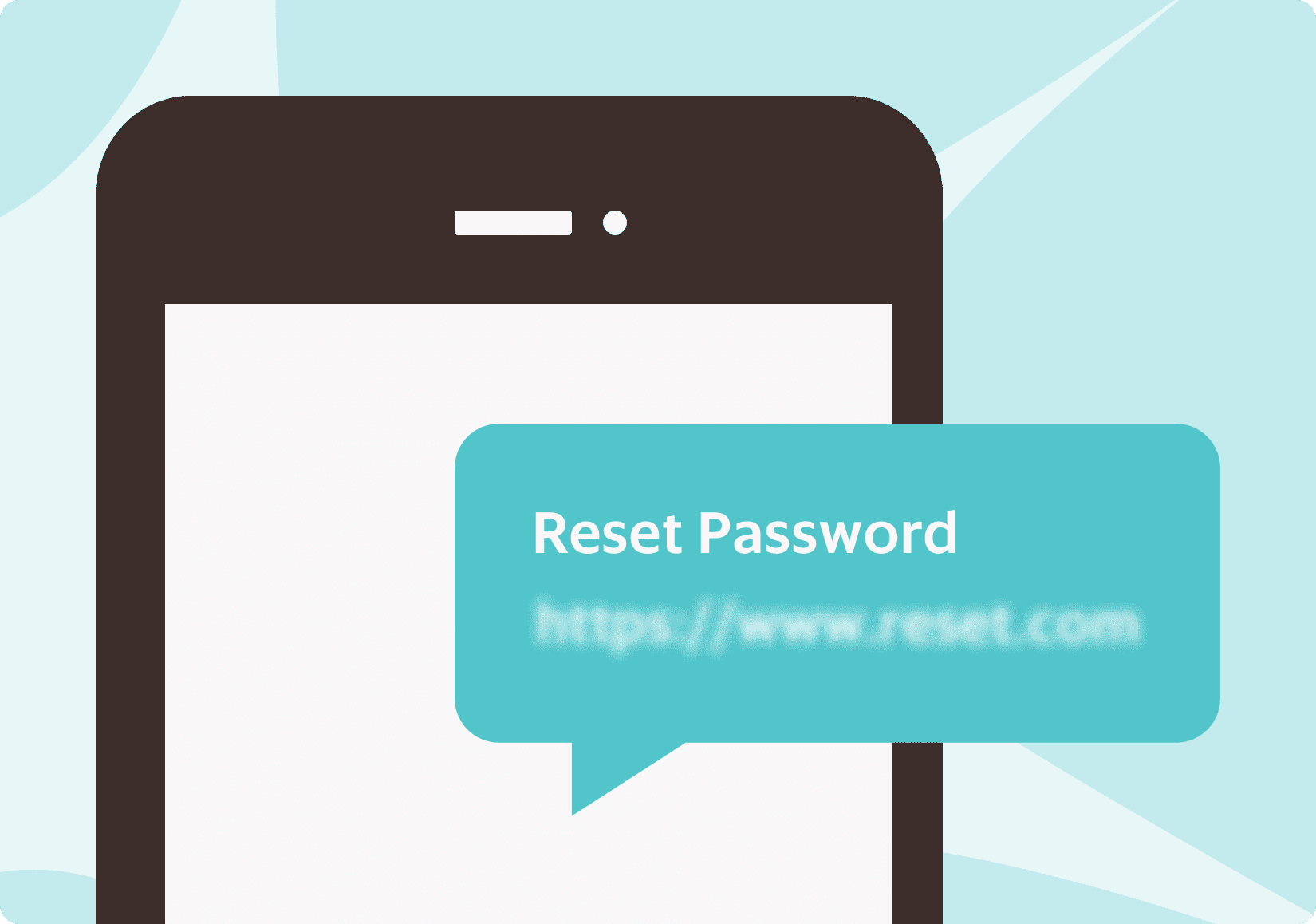

Never share your
Reset password link
A strong password is useless if a fraudster can answer all your security questions after a quick trip to your social media accounts.


Avoid opening suspicious text, pop-up windows or emails
Do not open suspicious text, pop-up windows or click on links or attachments in emails – just delete them.
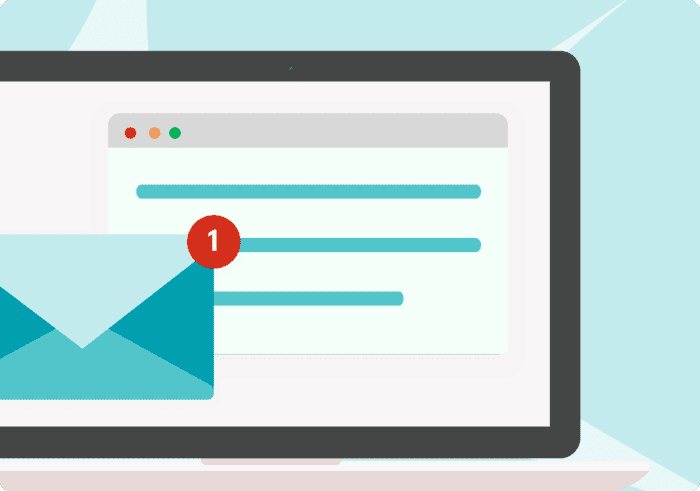



Don’t make financial transactions on open public networks

Don’t shop with unfamiliar
online retailers
When it comes to e-commerce, shop preferably with familiar companies. If you’re interested in purchasing a product from an unfamiliar retailer, do some research to ensure the business is legit and trustworthy.



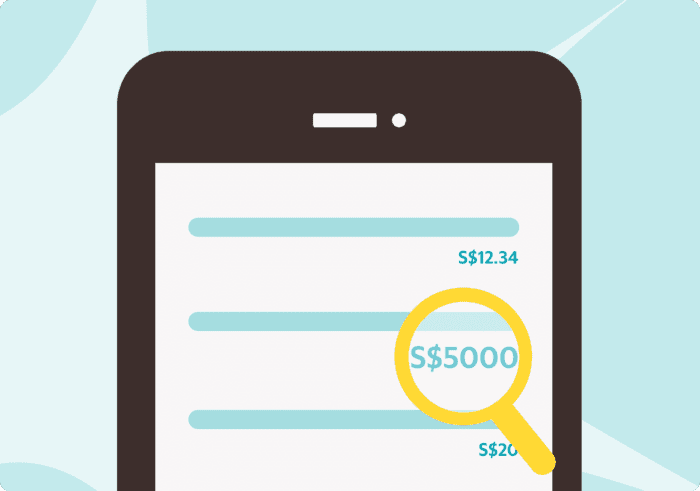

Be wary of unusual
payment requests
Pro Tip:
Review your monthly credit card statements
You should always be scanning your accounts for fraudulent activity and keeping track of your balance. It’s a good financial practice to monitor your credit card transactions regularly, and it’s easy to do whether you receive paper or digital statements.
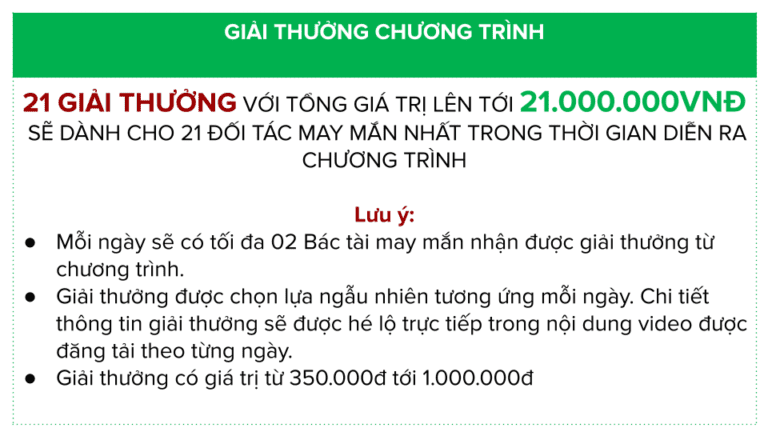
Use apps
wisely
Every time you download apps or files from an unknown source, you risk loading malicious programs on your phone. Only download legitimate and credible apps from the Google Play Store and Apple Store.
Forward Together
Công ty TNHH Grab
Địa chỉ: Tòa nhà Mapletree Business Centre, 1060 Nguyễn Văn Linh, Phường Tân Phong, Quận 7, Thành phố Hồ Chí Minh, Việt Nam.
Mã số doanh nghiệp: 0312650437 do Sở Kế Hoạch và Đầu Tư TP. Hồ Chí Minh cấp lần đầu ngày 14 tháng 02 năm 2014
Đại diện pháp luật: Alejandro Osorio
Chức vụ: Giám Đốc Điều Hành
